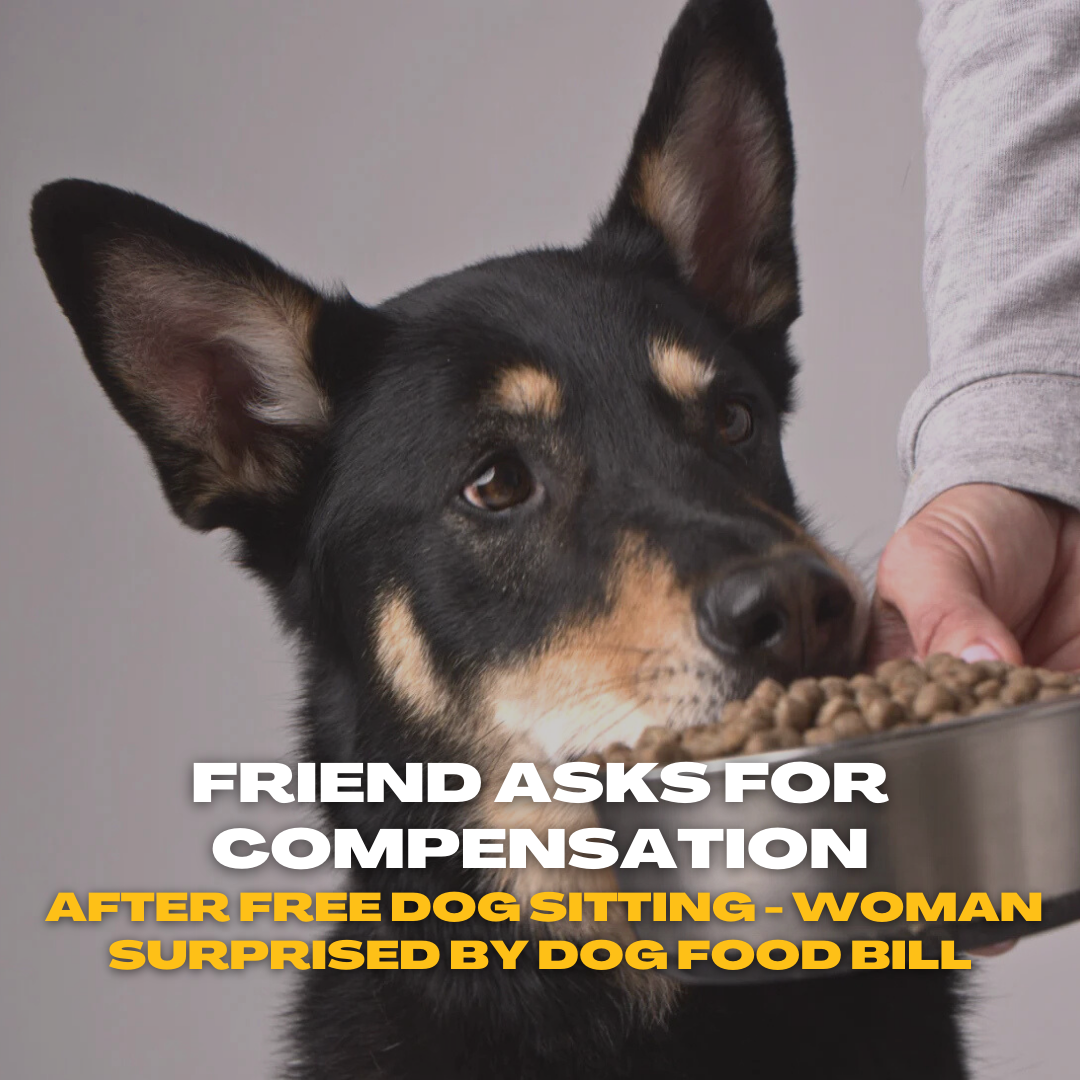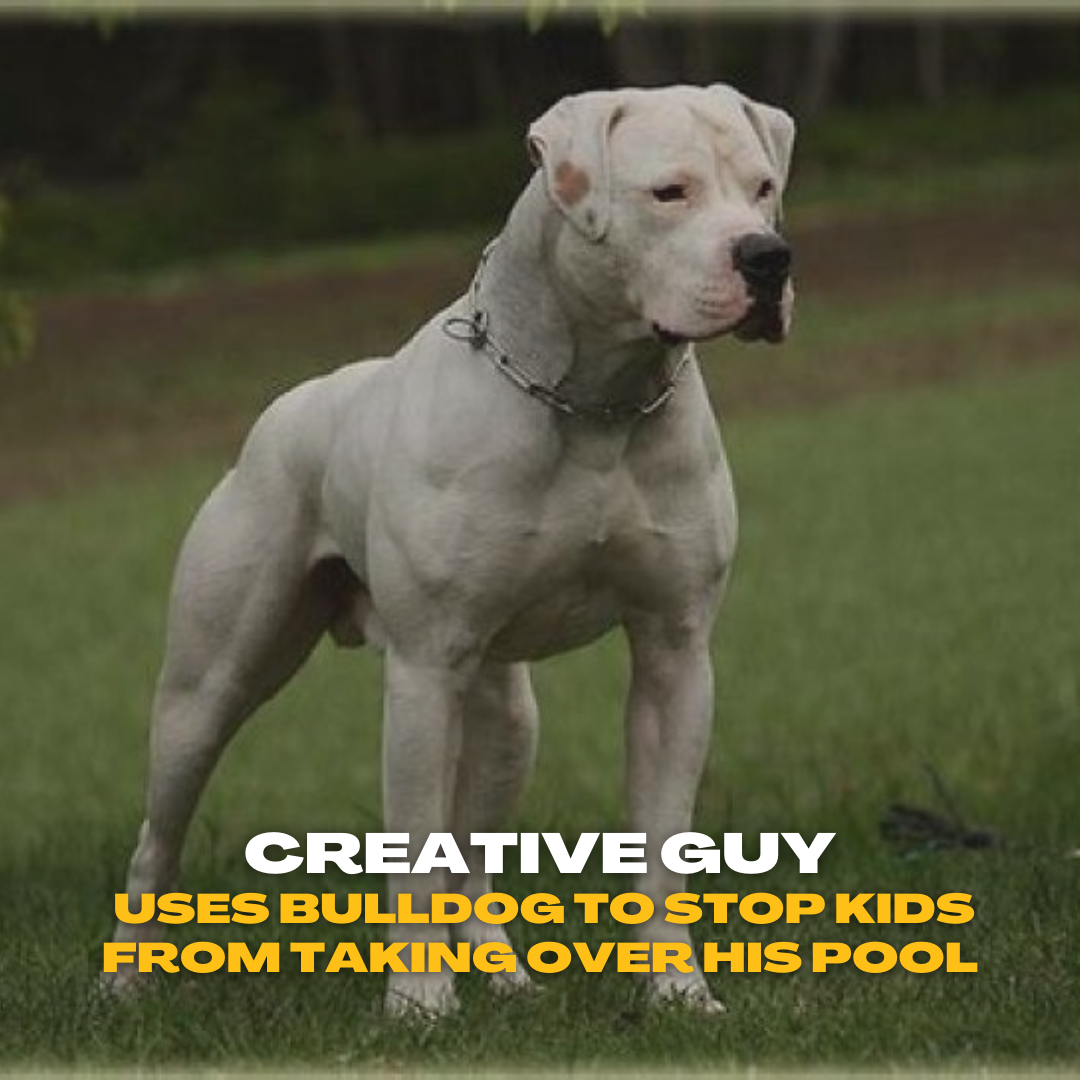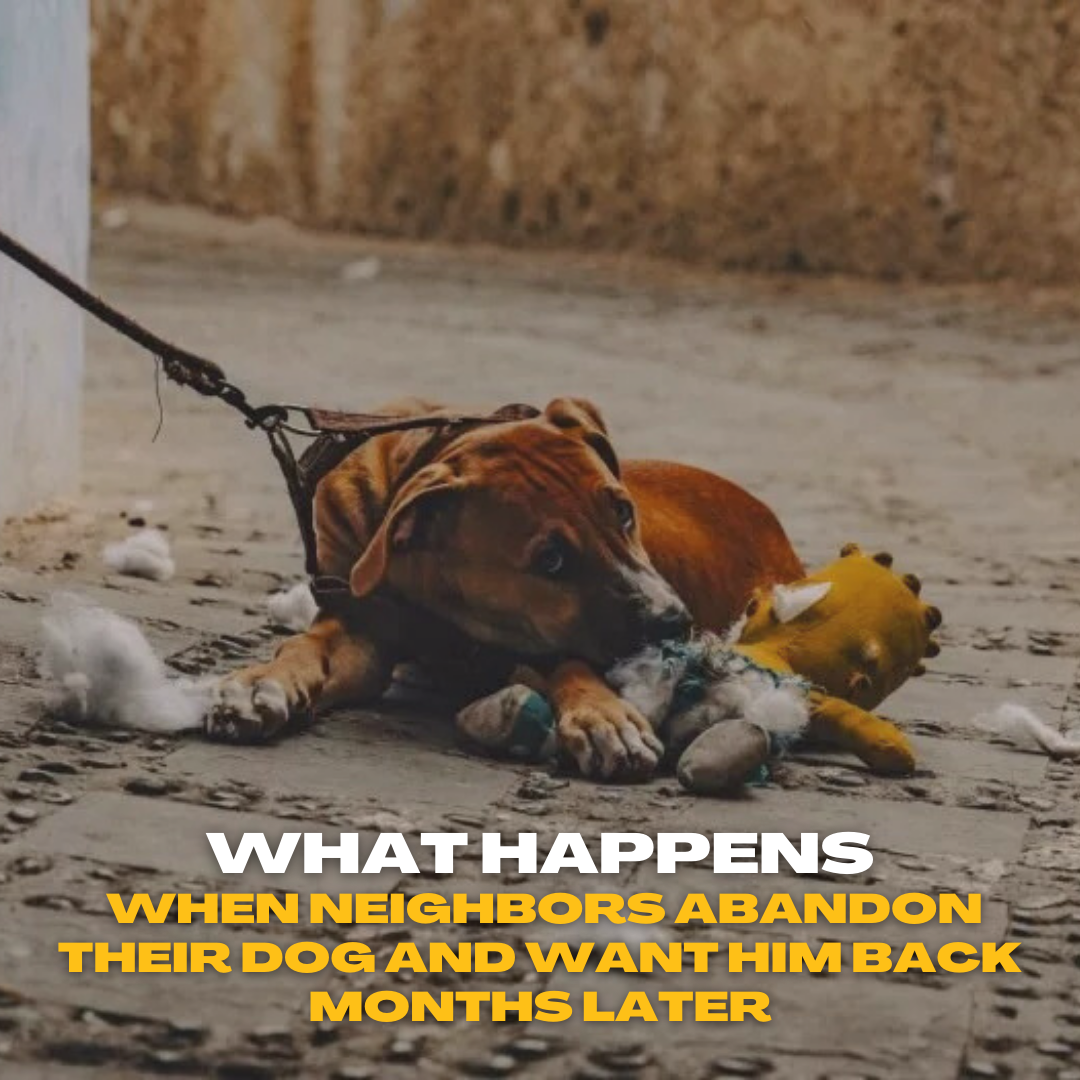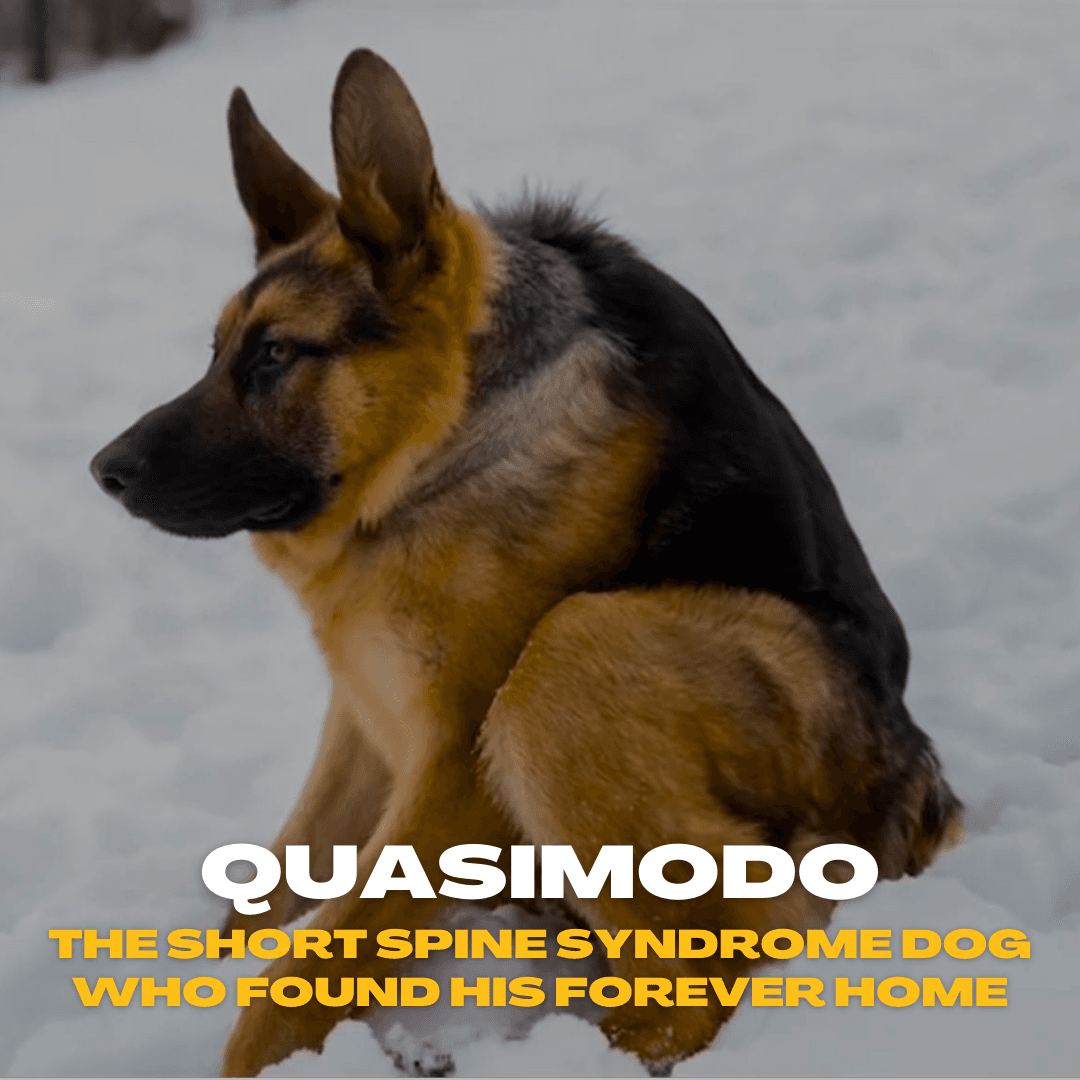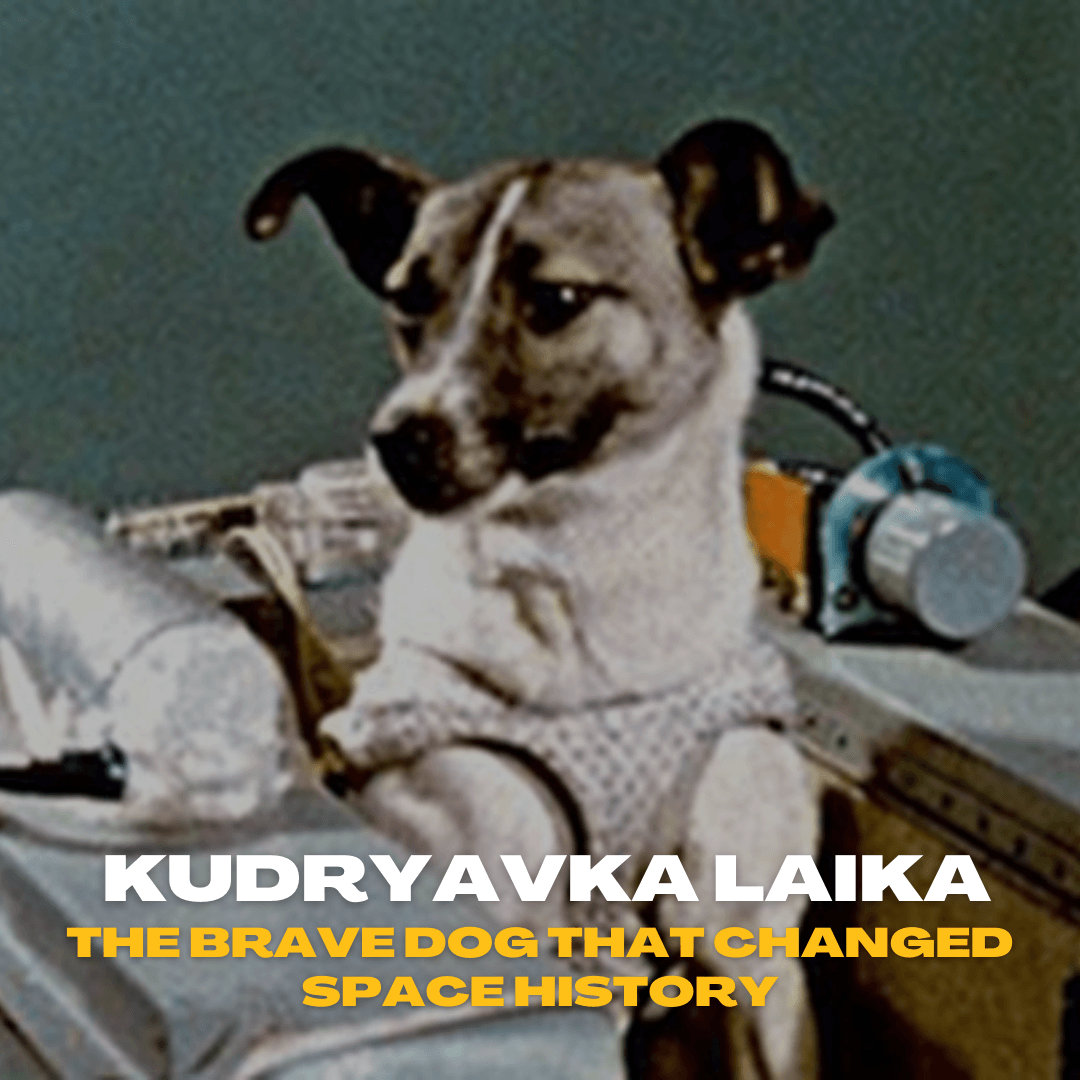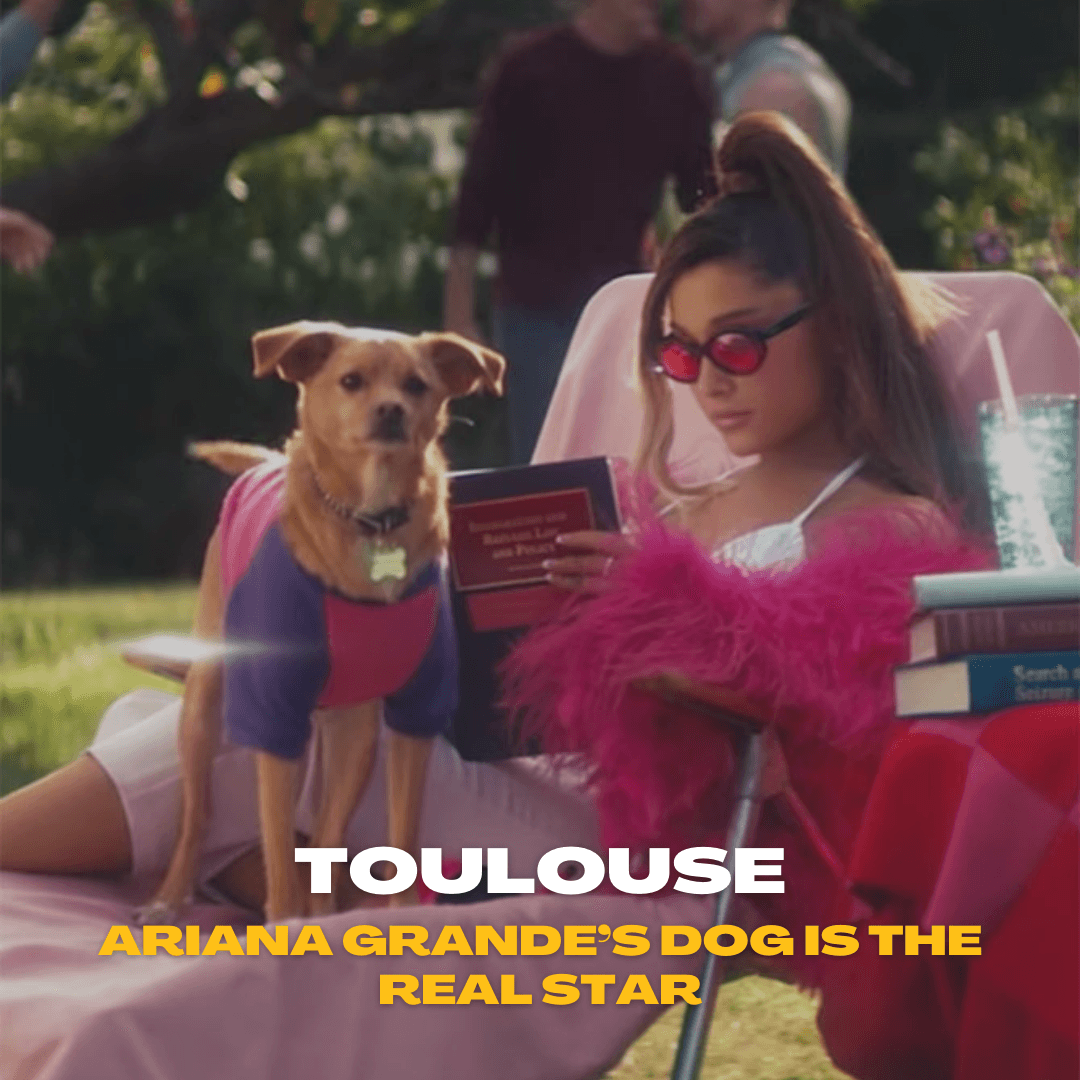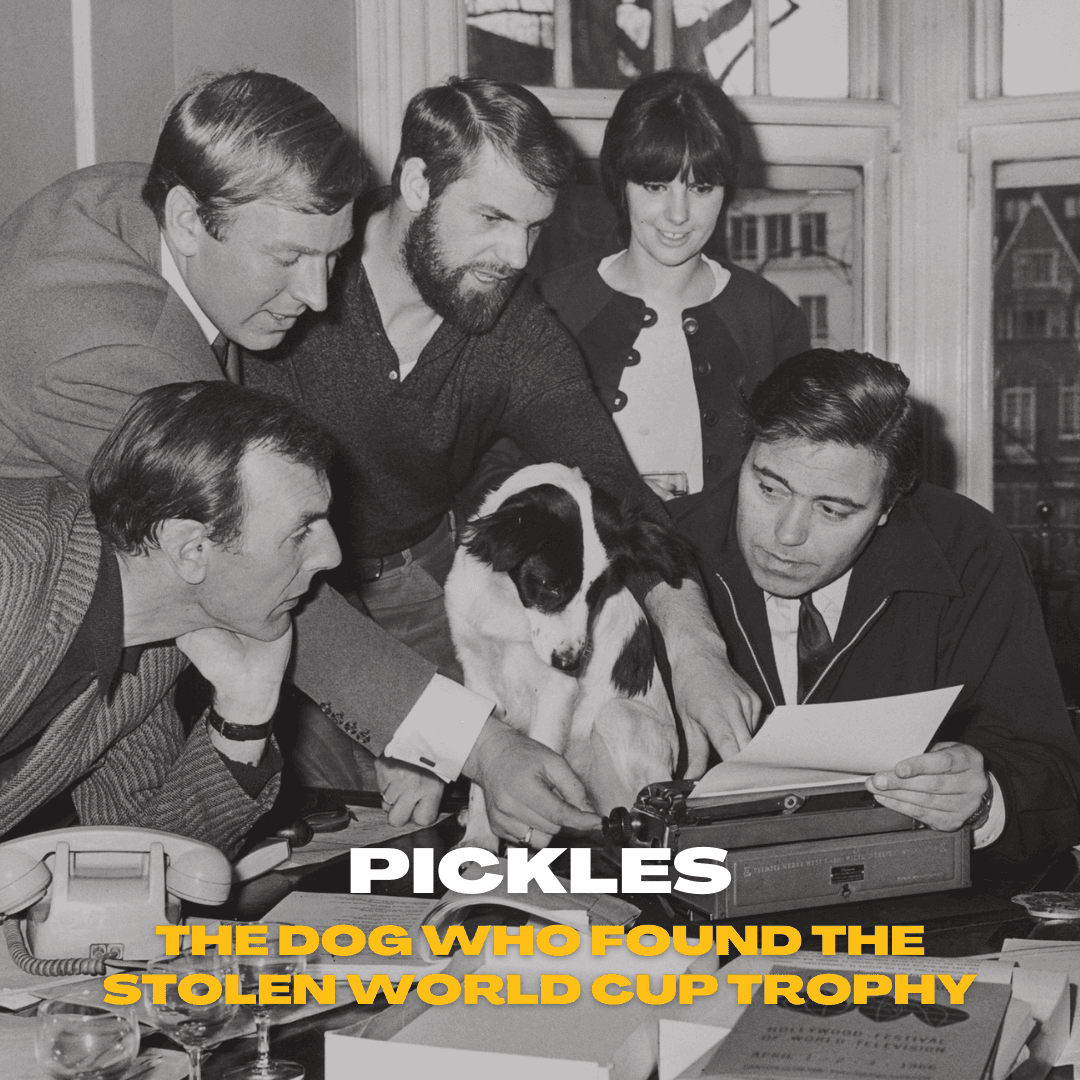Dog sitting can be a lifesaver for busy pet owners, especially when a kind friend offers it for free. But what happens when an act of generosity takes an unexpected turn? That happened in today’s story, where a woman was surprised to receive a bill for dog food after her friend volunteered to watch her dogs. This unexpected demand for compensation has sparked debate about gratitude and boundaries in friendships.
The Generosity of Free Dog Sitting

Many of us offer help to a friend without expecting anything in return. In this case, a woman needed someone to look after her dogs, and a friend generously offered to do it for free. This was a kind favor that saved the woman a lot of money on dog-sitting services. However, what seemed like an act of kindness took a strange turn when the friend returned with a request for compensation after one of her dogs consumed a can of premium dog food.
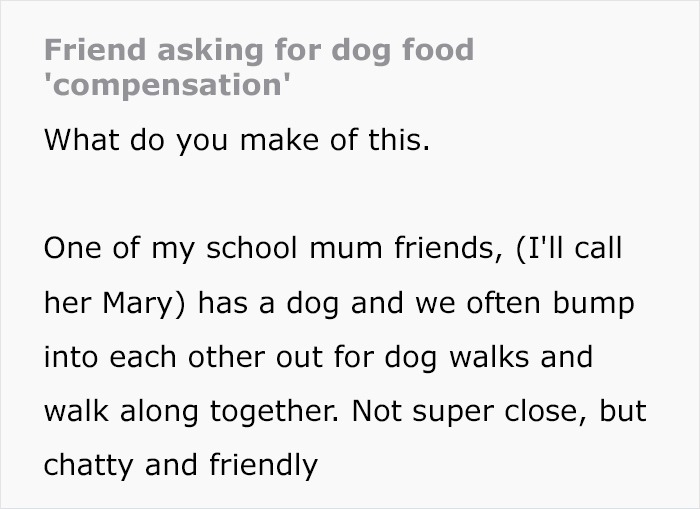
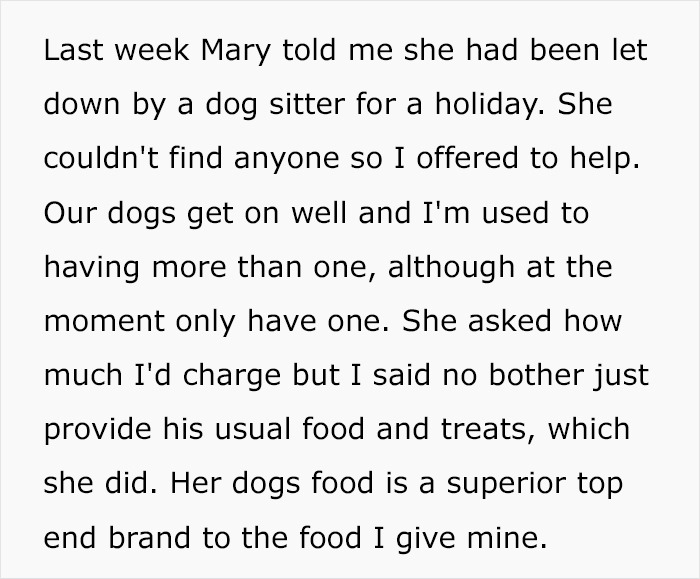

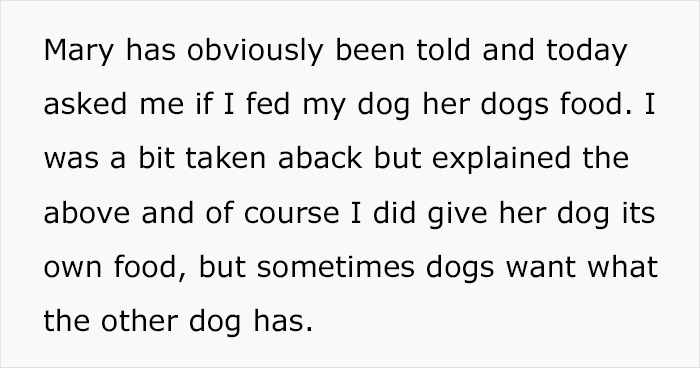

This unexpected bill for dog food compensation left the woman confused and somewhat upset. She had thought the favor was done out of friendship, but instead, her friend seemed to treat it as a business transaction. The idea that an act of generosity would lead to such an unexpected demand made the woman question the boundaries of their relationship. Was it unreasonable to expect gratitude instead of a bill for a can of dog food?
Ungratefulness and Its Consequences
Ungratefulness often stems from deeper issues, such as a sense of entitlement or the inability to recognize the value of others’ contributions. Psychologists have studied how ungrateful behavior can affect relationships and personal well-being. A prominent author and academic, Dr. Susan Krauss Whitbourne, explains that ingrates may develop an “endless self-fulfilling prophecy,” where they expect others to always meet their standards but are never satisfied. This cycle leads to dissatisfaction and even alienation, making it harder for these individuals to form meaningful connections.
According to Dr. Whitbourne, ingrates are often trapped in a mindset that expects everything to revolve around their desires. When others fail to meet those
expectations, the ingrates become frustrated and continue to act entitled. This mindset creates a “vicious cycle” of unappreciated acts of kindness, leading to resentment and frustration.

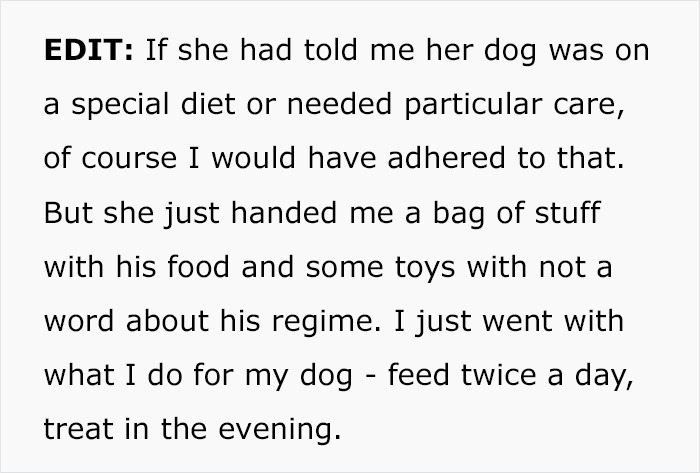
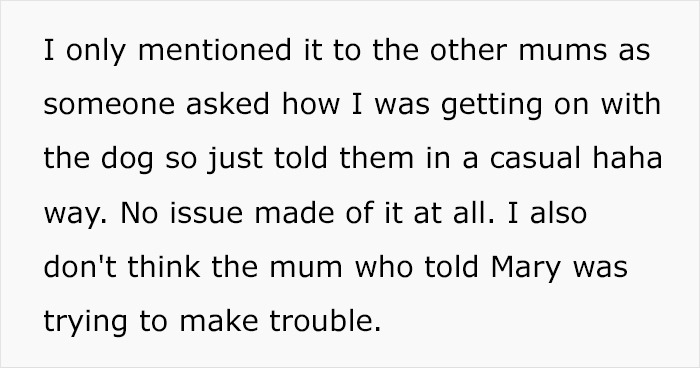
Psychological Insights on Ungrateful Behavior
Psychologist Jennifer Delgado Suàrez points to studies showing that gratitude is a major predictor of happiness. People who fail to show gratitude for the good things in their lives tend to experience a loop of dissatisfaction and frustration. Suàrez believes that ungrateful people struggle to appreciate life’s blessings, including acts of kindness like dog sitting, which makes them feel constantly unfulfilled.
The University of California, Berkeley’s Greater Good Magazine characterizes ingrates as individuals with an inflated sense of self-importance, often exhibiting narcissism, arrogance, and vanity traits. These traits not only create unhealthy dynamics in relationships but can also contribute to feelings of anxiety and depression. Suàrez explains that people with this mindset may find it difficult to experience joy, as they always seek external validation and admiration without offering genuine appreciation in return.
Ungratefulness can have long-term psychological effects, leaving individuals in perpetual dissatisfaction. As Dr. Suàrez explains, ingrates often fail to see positive experiences for what they truly are, and as a result, they may fail to experience the joy that gratitude brings.
Dealing with Ungratefulness in Friendships


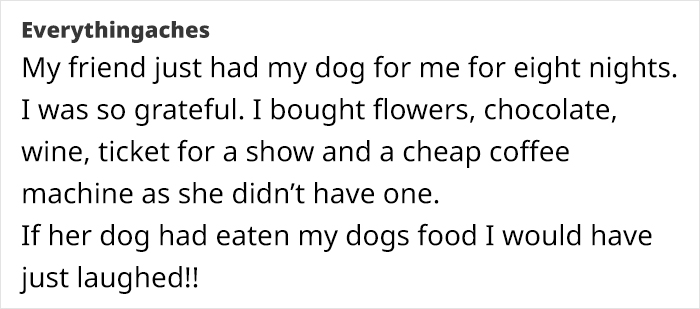
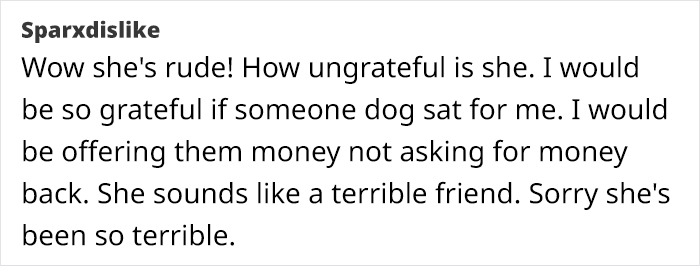
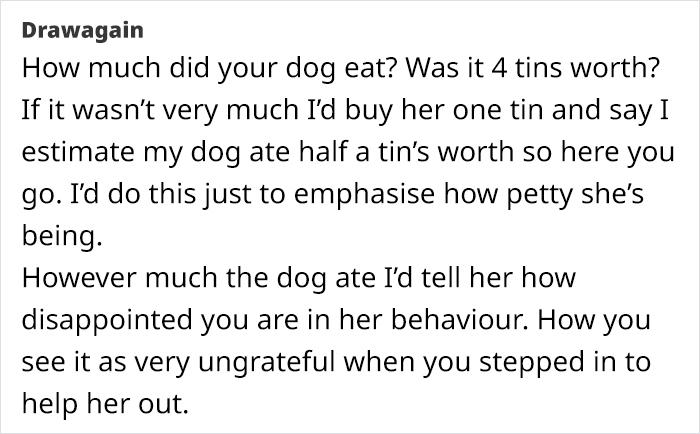
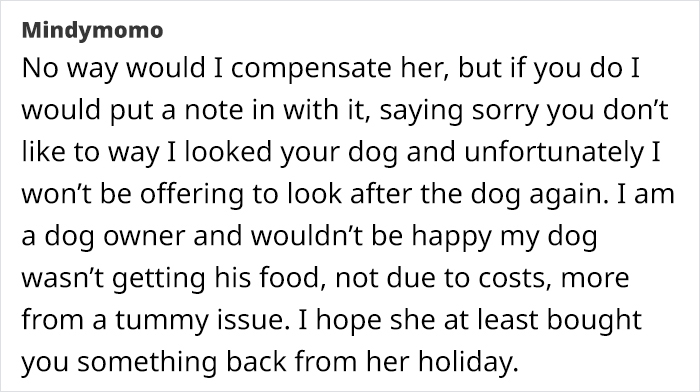
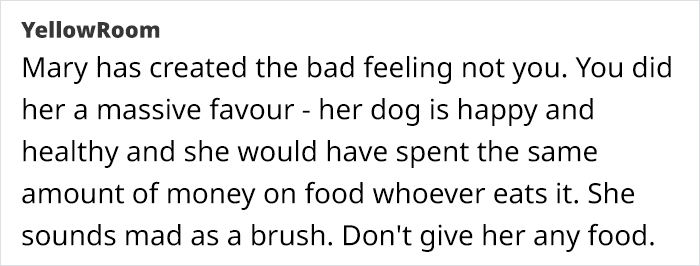
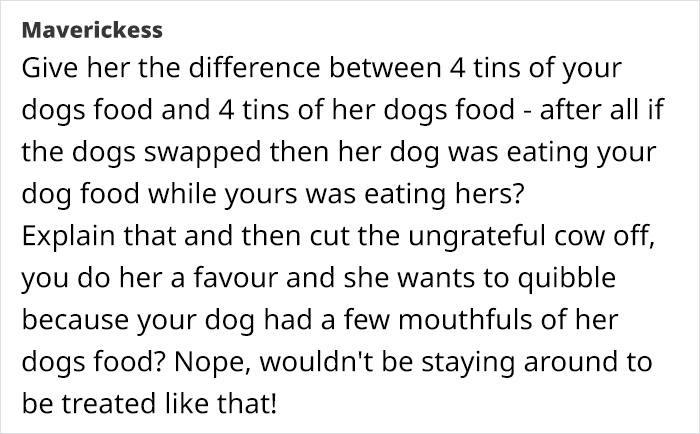
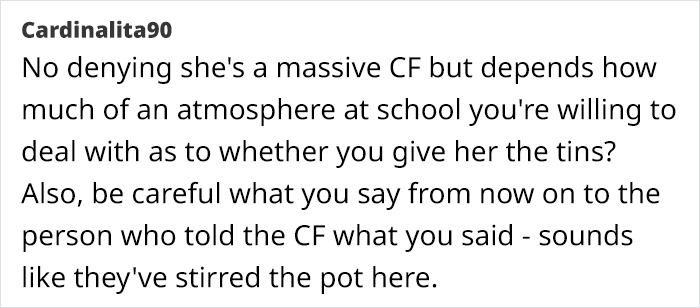
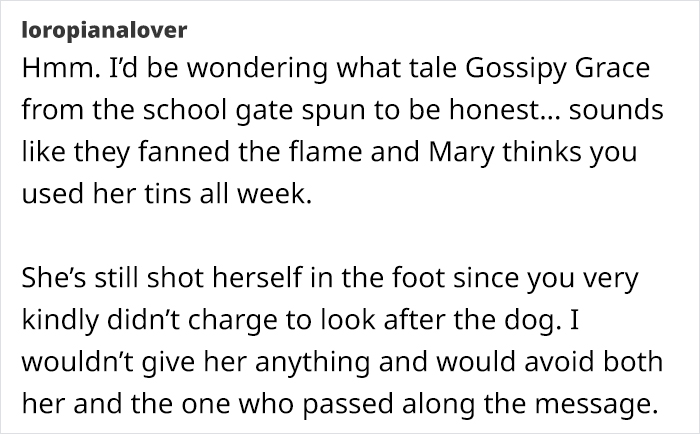
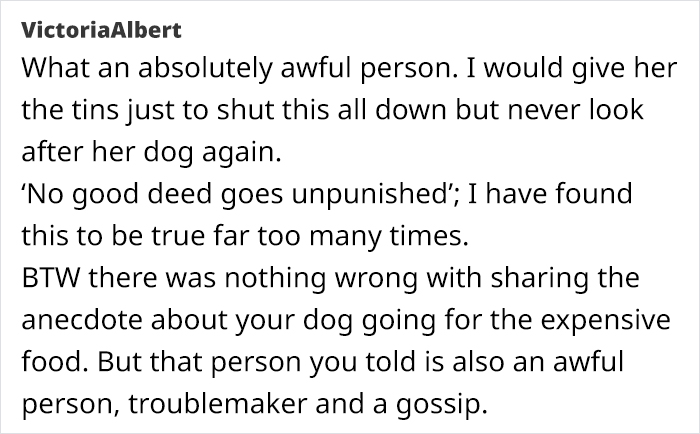

 So, how should the woman in this story approach the situation? Should she give in and pay for the dog food to keep the peace, or should she stand her ground and refuse the unreasonable demand?
So, how should the woman in this story approach the situation? Should she give in and pay for the dog food to keep the peace, or should she stand her ground and refuse the unreasonable demand?
Veteran psychologist and author Dr. Barbara Markway offers advice on dealing with difficult people, especially when they act ungrateful. One of her key recommendations is to avoid casting judgment. Responding with empathy can go a long way in diffusing tension and opening up communication. Dr. Markway suggests that when someone behaves unreasonably, it’s often due to a deeper issue, such as fear or vulnerability. Understanding the root cause of their actions makes it easier to have a productive conversation.
She also advises reflecting respect and dignity, no matter how badly the other person behaves. Showing contempt or anger in response to ingratitude won’t help resolve the situation. Instead, Dr. Markway suggests engaging in a calm and respectful conversation, even if the other person is not receptive to it.
See more: Creative Guy Uses Bulldog to Stop Kids from Taking Over His Pool
Should She Pay for the Dog Food?
The dilemma faced by the woman is not uncommon. Many people have been in situations where they felt their kindness was taken advantage of or a favor was met with an unexpected demand. In this case, the friend’s request for compensation for dog food seems out of place, considering the favor was done without charge. However, if the woman decides to pay for the dog food, it might temporarily end the tension, but it won’t address the underlying issue of entitlement.
Ultimately, the woman must decide whether she values the relationship enough to overlook this behavior or wants to stand firm and set boundaries. Either way, it’s important to recognize the psychological impact of ungrateful behavior and how it can affect long-term relationships.
